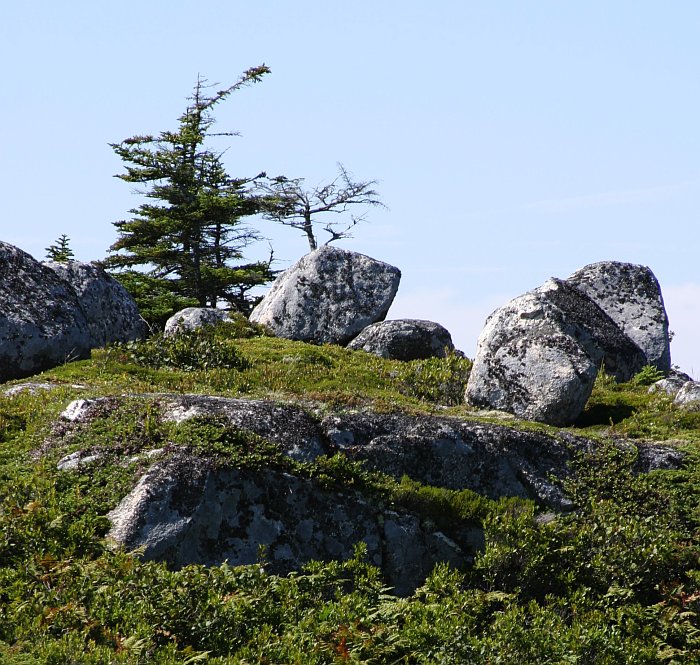I’ve been reading in the book of Joshua recently–not a comforting backdrop to all that’s going on in Gaza these days–and today I came upon a story that holds a familiar verse. At the end of his life, after all the fighting is over and God has given the land into the hands of the Israelites, Joshua calls the tribes together at Shechem and puts a question to them: “Choose this day whom you will serve.”
Joshua warns the people that this is not a vow to be taken unadvisedly or lightly, and he proceeds to give them a bit of very stern “marriage counseling,” if you will. Recounting the recent violence (and there’s been a lot of it since they left Egypt), Joshua reminds the tribes that their triumph in battle has been by God’s strength and will, and that God has given them a land on which they had not labored, cities which they had not built, and the fruit of vineyards and oliveyards which they did not plant. They have come into a wonderful life, but not by their own strength, skill, or deserving.
The people immediately answer that they will serve the Lord, and Joshua rebukes them, pressing them,
“You cannot serve the Lord; for he is a holy God; he is a jealous God; he will not forgive your transgressions or your sins. If you forsake the Lord and serve foreign gods, then he will turn and do you harm, and consume you, after having done you good.” (Joshua 24: 18-20)
But the people insist, “Nay, but we will serve the Lord.”
It’s at this point that Joshua, knowing he will not be around to remind them of their vow, charges the people “You are witnesses against yourselves.” Then, perhaps also knowing human nature and memory and how difficult it is to make any national decision persist, Joshua does two things: he writes down the covenant, and places a large stone under the oak in the sanctuary.
It’s what he said next that struck me:
“Behold, this stone shall be a witness against us; for it has heard all the words of the Lord which he spoke to us; therefore it shall be a witness against you, lest you deal falsely with your God.”
The stone has heard everything. It’s more than a reminder to the people. The stone is a witness, and if the nation forgets or bears false witness, creation will speak. The passage reminded me of Jesus’ words in Luke, “if these were silent, the very stones would cry out.”
I think about living in a world where the stones bear witness. I wonder what else they’ve heard. And do I listen when they cry, “Blessed is the King who comes in the name of the Lord!”


